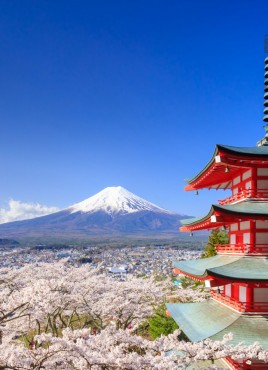Overall, Singapore is a relatively safe country in terms of health, with high medical standards and a well-developed healthcare system. However, as in any country, there are some health risks that visitors and residents should be aware of:
- Dengue: a viral disease transmitted by mosquitoes. Visitors should take steps to avoid mosquito bites, including wearing long clothes and using insect repellent.
- Water-borne diseases: Singapore has high-quality tap water, but it’s advisable to take extra precautions when drinking water outside of hotels and restaurants.
- Respiratory infections: Singapore can experience spikes in air pollution, especially during the forest fire season in the region. People with respiratory diseases may be more sensitive to these periods of pollution.
- Food infections: care should be taken when eating raw or undercooked food as this can lead to food infections. On the other hand, the water is safe to drink more or less everywhere.
In general, travelers to Singapore can take simple steps to minimize health risks, including by following basic health and hygiene guidelines.




